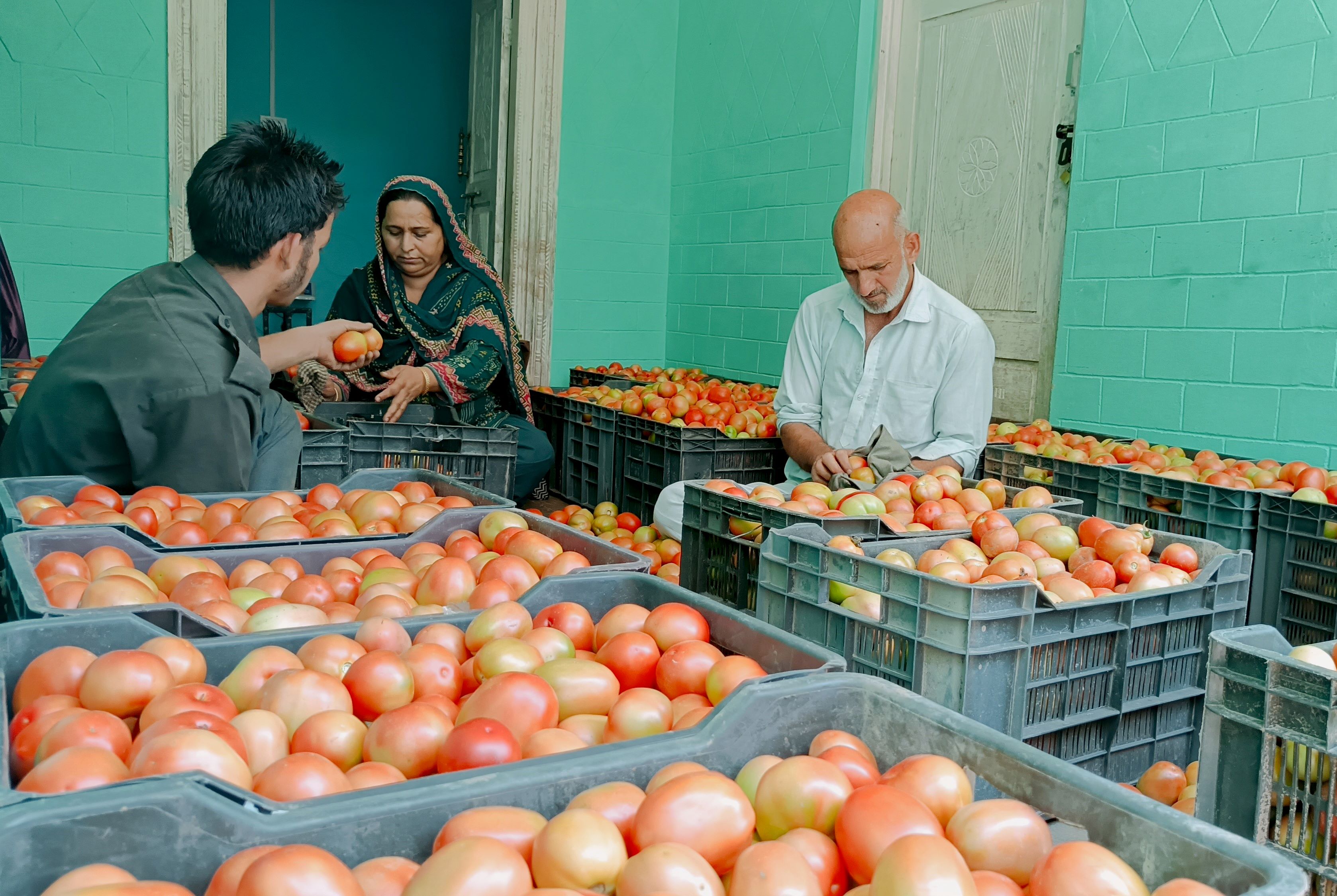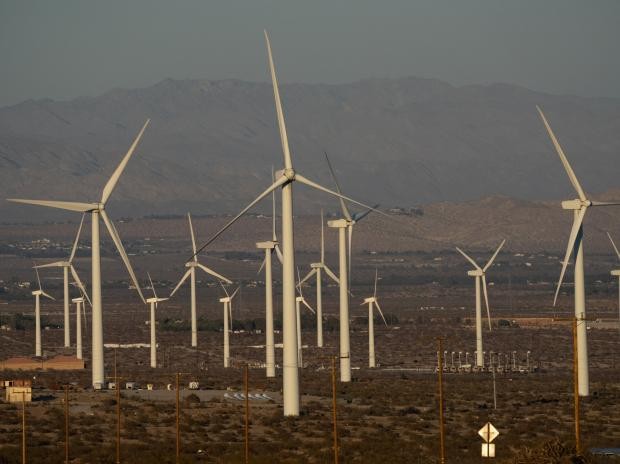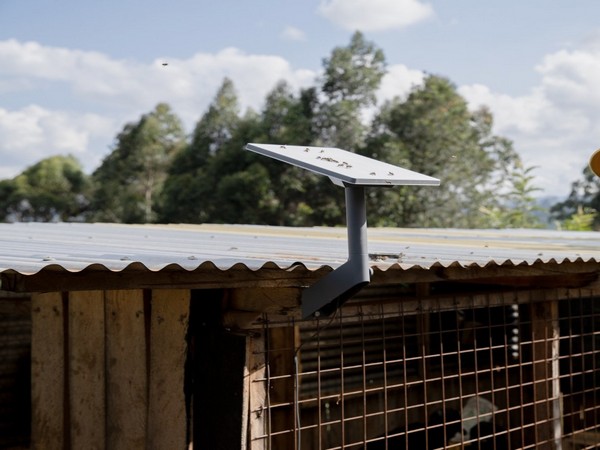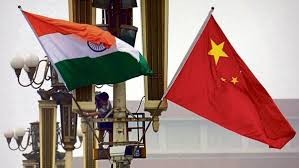Retail inflation in India rose sharply in July to 7.44 per cent and in the process breached RBI’s 6 per cent upper tolerance target
Our Bureau
Mumbai/New Delhi
Indian economy is gathering momentum in the second quarter, though inflation would continue to average above the central bank’s comfort zone of 6 per cent. The consumer price index (CPI) based retail inflation shot up significantly to 7.44 per cent in July, from 4.87 per cent in the preceding month, mainly due to soaring prices of tomato, vegetables and other food items.
In his address to the nation on the Independence Day, Prime Minister Narendra Modi vowed to take more steps to contain price rise.
The uptick in inflation in its June reading mutated in July, with the unprecedented shock to tomato prices spilling over to prices of other vegetables, said the article on ‘State of the Economy’. “While core inflation witnessed a moderation, headline inflation is expected to average well above 6 per cent in the second quarter,” said an article in the RBI’s monthly bulletin released on Thursday.
The article has been authored by a team lead by Reserve Bank Deputy Governor Michael Debabrata Patra.
The article further said that with industrial production and trade weakening, the global recovery is slowing after a robust first quarter performance. “In this stressed global environment, the Indian economy is gathering momentum in the second quarter of 2023-24,” it said.
Domestic drivers such as private consumption and fixed investment are offsetting the drag from the contraction in exports, it added.
Meanwhile, Morgan Stanley expects retail inflation to moderate to Reserve Bank of India’s 6 per cent upper tolerance target only from November. Retail inflation in India rose sharply in July to 7.44 per cent and in the process breached RBI’s 6 per cent upper tolerance target, largely due to a sharp spurt in vegetable, fruit, and pulses prices.
In June too, the overall retail inflation too rose considerably to 4.87 per cent due to a rise in vegetable prices. Back in May, the retail inflation was at 4.25 per cent, hitting a two-year low. It was at 4.7 per cent in April and 5.7 per cent the previous month.
The latest rise in inflation could partly be attributed to the current spurt in tomato and other vegetable prices across India. The rise in tomato prices is reported across the country, and not just limited to a particular region or geography. In key cities, it rose to as high as Rs 150-200 per kg.
Taking into consideration the latest uptick in the retail inflation figures, Morgan Stanley upwardly revises India’s inflation outlook for 2023-24 to an average of 5.7 per cent from 5.4 per cent earlier.
“We now expect inflation to rise in the near term before moderating to below 6 per cent from November. As such we do not expect rate easing to start until 2Q24. Liquidity management will likely remain the focus in RBI’s inflation fight,” it said in a report authored by economists Upasana Chachra and Bani Gambhir.
Notably, retail inflation (Consumer Price Index) in India peaked at 7.8 per cent in April 2022, driven by a reduction in food and core inflation. In some advanced countries, inflation had in fact touched a multi-decade high and even breached the 10 per cent mark.
RBI’s consistent monetary policy tightening since mid-2022 could be attributed to the substantial decline in inflation numbers in India. India’s retail inflation was above RBI’s 6 per cent target for three consecutive quarters and had managed to fall back to the RBI’s comfort zone only in November 2022.
After the August monetary policy meeting, the Reserve Bank of India too upwardly revised the country’s retail inflation projections for 2023-24 at 5.4 per cent, against 5.1 per cent it projected in its previous monetary policy meeting in June.
A “substantial increase” in headline inflation would occur in the near term, said RBI Governor Shaktikanta Das as part of his remarks after the policy meeting.
He reiterated what he said after the June meeting – “Bringing headline inflation within the tolerance band is not enough; we need to remain firmly focused on aligning inflation to the target of 4.0 per cent.”


























